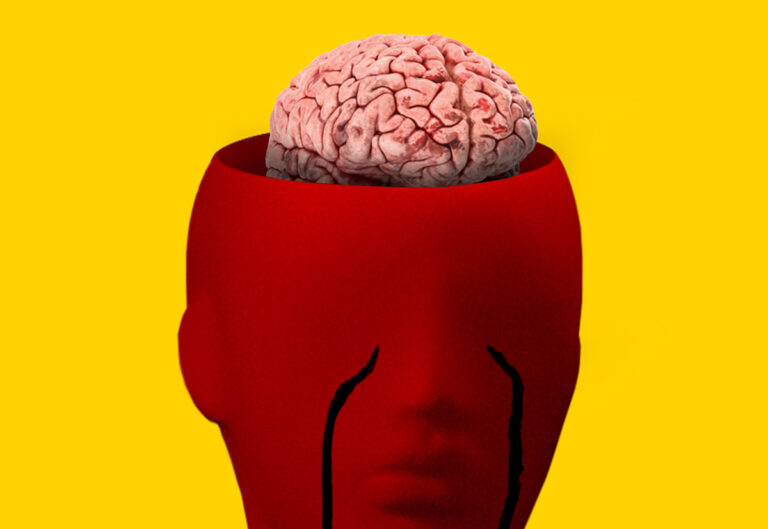Facing racial discrimination damages microstructures of the brain, scientists discover
A groundbreaking new study, made known by Medical News Today, has put forth research-led evidence that shows those who suffer racial discrimination face neurological changes in the brain that could negatively impact their overall health.
Knowing that racism can have serious physical, emotional and psychological repercussions, researchers from Emory University in Atlanta wanted to study how such discrimination has affected the biological microstructures of black women’s brains. Though this research aims to prove something new, the deep and wide impact of racism has been well-documented.
Racism and healthcare
In fact, the particular relationship between race and health has become an increasingly large part of medical discourse—mostly in a physical way. Disparities in healthcare equipment, like oxygen monitors, being significantly less effective on darker skin tones in the time of the COVID-19 pandemic has been shown to negatively affect the health of minority populations.
Another 2020 report, as per Sky News, showed that black women in the UK are at a five times greater risk of dying during childbirth than their white counterparts. This, being just one of the many examples of racial disparities and structural discriminatory pillars in healthcare, former Secretary of State for Health and Social Care Sajid Javid announced plans in 2021 to implement the use of AI to curb racial inequality throughout the National Health Service (NHS).
Not only does racism actually impact a person’s access to healthcare, which in turn literally affects their physical well being, racism itself harms your health. The impact of the infamous summer of 2020, in the wake of George Floyd and the Black Lives Matter movement, was a dire time for the mental health of black people and activists across the globe.
Knowing this, researchers from Emory University set about their mission by studying the brains of black women (who had prior experiences with racism) using MRI technology to assess any changes in their white matter, Medical News Today surmised.
Racism changes the white matter in your brain
The MRI scans of the black female participants showed a serious impact in both the corpus callosum and the cingulum bundle. The corpus callosum is an element that connects and communicates between the left and right sides of the brain while the cingulum bundle is a portion of white matter that links the frontal, parietal and temporal lobes.
“We observed potent associations between racial discrimination experiences and diminished white matter integrity in anterior aspects of the corpus callosum and cingulum bundle,” the authors cited.
Such damage to the corpus callosum could lead to “dysregulation in cognitive and emotional processes such as impulse control,” the researchers further explained. In layman terms, the ability to communicate effectively with both sides of the brain could be harmed and later develop into more severe health issues.
Another study also found abnormalities in the corpus callosum of children who had suffered ill treatment or early trauma and, similarly to the researchers at Emory University, drew links between traumatic experiences and a decrease in these white matter tracts.
The cingulum bundle—which was also cited as having been impacted by racial discrimination—is a segment of the brain that that can influence emotion, control and memory. “Racial discrimination can increase distress and impact emotional regulation, which is likely to affect self-regulatory behaviours that play a role in the development of mental and physical health disorders,” the researchers further elucidated. But what does this actually mean?
Racism could internally impact you for life
Professor Negar Fani, lead study author and assistant professor at the Emory University Department of Psychiatry and Behavioural Sciences, spoke with Medical News Today about what racial trauma could lead to.
“We found clear evidence that a type of racial trauma—racial discrimination—increases [the] risk for health problems through its effects on brain pathways that are important for self-regulation,” Fani explained to the publication.
“These findings demonstrate how racial discrimination can shape regulatory behaviours such as eating and substance use by way of its deleterious effects on brain white matter pathways,” she continued.
Simply put, this could mean that those who have suffered from racism will have a harder time regulating ‘unhealthy’ behaviours and could go on to develop dependencies and an over-consumption of substances like alcohol or drugs. This, in turn, will only go on to impact their physical health too, researchers noted.
The study, and its results, can be found in the journal Biological Psychiatry: Cognitive Neuroscience and Neuroimaging and is purported by the researchers to the first of its nature in uncovering the relationship between white matter, discrimination and the medical impact in black women.





